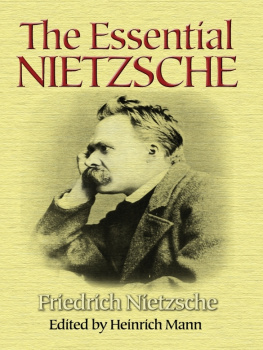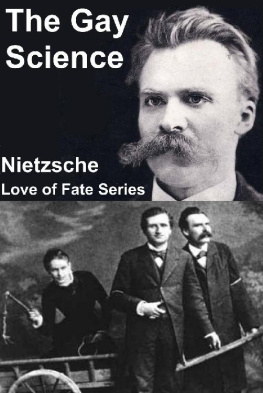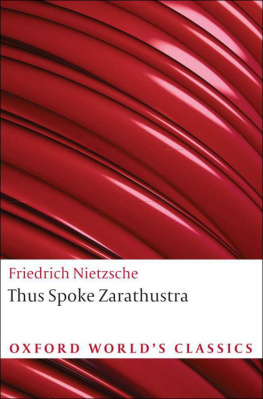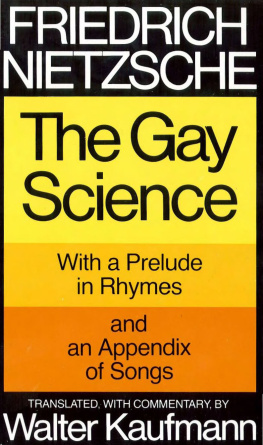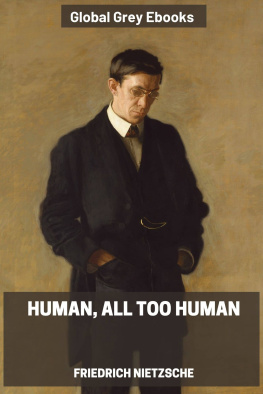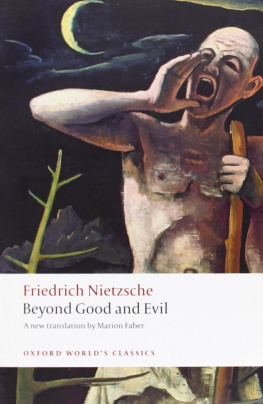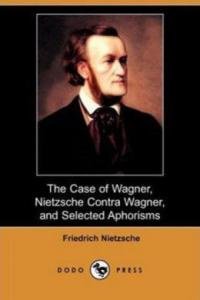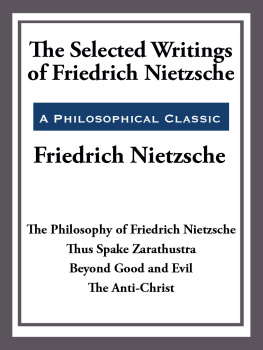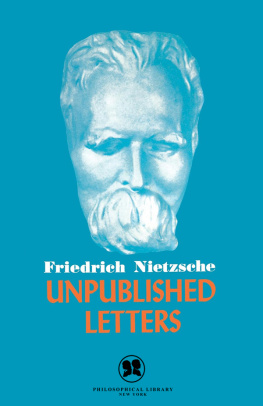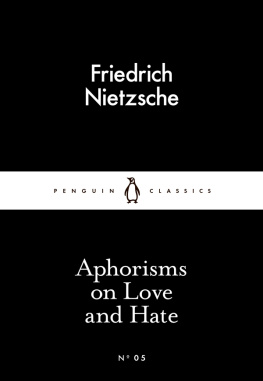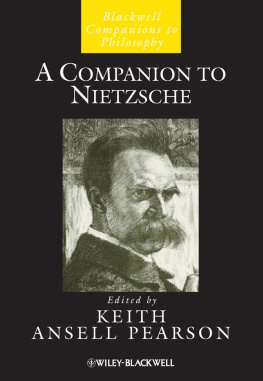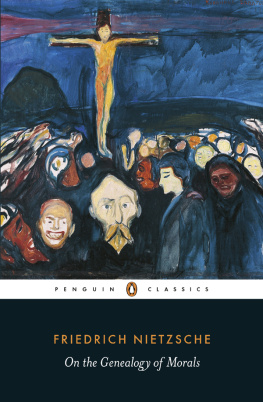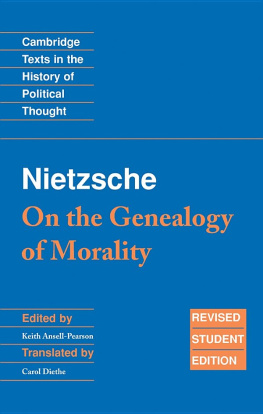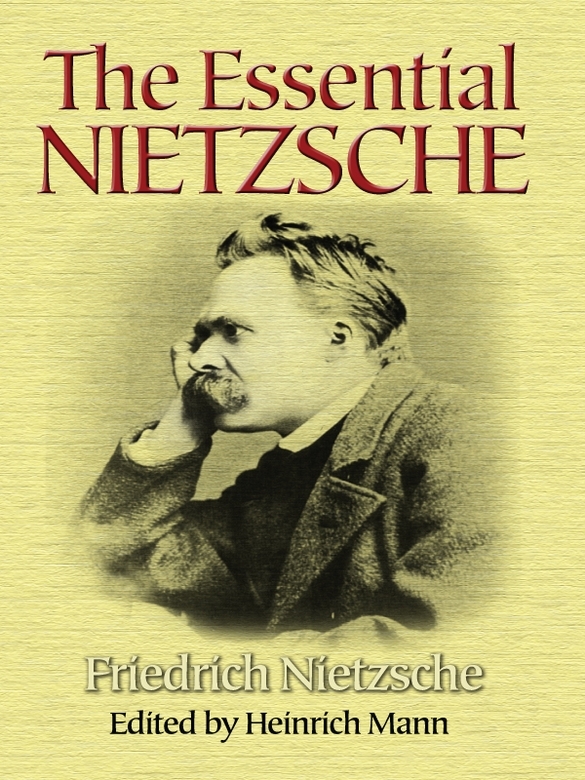And deeper than the day could read.
I
SCIENCE, PHILOSOPHY, TRUTH
There is a profound and fundamental satisfaction in the fact that science ascertains things that hold their ground, and again furnish the basis for new researches : it could certainly be otherwise. Indeed, we are so much convinced of all the uncertainty and caprice of our judgments, and of the everlasting change of all human laws and conceptions, that we are really astonished how persistently the results of science hold their ground ! In earlier times people knew nothing of this changeability of all human things ; the custom of morality maintained the belief that the whole inner life of man was bound to iron necessity by eternal fetters : perhaps people then felt a similar voluptuousness of astonishment when they listened to tales and fairy stories. The wonderful did so much good to those men, who might well get tired sometimes of the regular and the eternal. To leave the ground for once ! To soar ! To stray ! To be mad ! that belonged to the paradise and the revelry of earlier times ; while our felicity is like that of the shipwrecked man who has gone ashore, and places himself with both feet on the old, firm ground in astonishment that it does not rock.
You ask me what all idiosyncrasy is in philosophers ? ... For instance their lack of the historical sense, their hatred even of the idea of Becoming, their Egyptianism. They imagine that they do honour to a thing by divorcing it from history sub specie terni , when they make a mummy of it. All the ideas that philosophers have treated for thousands of years, have been mummied concepts ; nothing real has ever come out of their hands alive. These idolaters of concepts merely kill and stuff things when they worship, they threaten the life of everything they adore. Death, change, age, as well as procreation and growth, are in their opinion objections, even refutations. That which is cannot evolve ; that which evolves is not. Now all of them believe, and even with desperation, in Being. But, as they cannot lay hold of it, they try to discover reasons why this privilege is withheld from them. Some merely apparent quality, some deception must be the cause of our not being able to ascertain the nature of Being: where is the deceiver ? We have him, they cry rejoicing, it is sensuality ! These senses, which in other things are so immoral , cheat us concerning the true world. Moral : we must get rid of the deception of the senses, of Becoming, of history, of falsehood. History is nothing more than the belief in the senses, the belief in falsehood. Moral: we must say no to everything in which the senses believe: to all the rest of mankind : all that belongs to the people. Let us be philosophers, mummies, monotono-theists, grave-diggers ! And above all, away with the body, this wretched ide fixe of the senses, infected with all the faults of logic that exist, refuted, even impossible, although it be impudent enough to pose as if it were real !
With a feeling of great reverence I except the name of Heraclitus. If the rest of the philosophic gang rejected the evidences of the senses, because the latter revealed a state of multifariousness and change, he rejected the same evidence because it revealed things as if they possessed permanence and unity. Even Heraclitus did an injustice to the senses. The latter lie neither as the Eleatics believed them to lie, nor as he believed them to lie, they do not lie at all. The interpretations we give to their evidence is what first introduces falsehood into it ; for instance the lie of unity, the lie of matter, of substance and of permanence. Reason is the cause of our falsifying the evidence of the senses. In so far as the senses show us a state of Becoming, of transiency, and of change, they do not lie. But in declaring that Being was an empty illusion, Heraclitus will remain eternally right. The apparent world is the only world : the true world is no more than a false adjunct thereto.
And what delicate instruments of observation we have in our senses ! This human nose, for instance, of which no philosopher has yet spoken with reverence and gratitude, is, for the present, the most finely adjusted instrument at our disposal : it is able to register even such slight changes of movement as the spectroscope would be unable to record. Our scientific triumphs at the present day extend precisely so far as we have accepted the evidence of our senses, as we have sharpened and armed them, and learned to follow them up to the end. What remains is abortive and not yet science that is to say, metaphysics, theology, psychology, epistemology, or formal science, or a doctrine of symbols, like logic and its applied form mathematics. In all these things reality does not come into consideration at all, even as a problem ; just as little as does the question concerning the general value of such a convention of symbols as logic.

The progress of science is at the present time no longer hindered by the purely accidental fact that man attains to about seventy years, which was the case far too long. In former times people wished to master the entire extent of knowledge within this period, and all the methods of knowledge were valued according to this general desire. Minor questions and individual experiments were looked upon as unworthy of notice : people wanted to take the shortest path under the impression that, since everything in this world seemed to be arranged with a view to mans needs, even the acquirement of knowledge was regulated in view of the limits of human life.
To solve everything at a single stroke, with one word this was the secret desire ; and the task was represented in the symbol of the Gordian knot or the egg of Columbus. No one doubted that it was possible to reach the goal of knowledge after the manner of Alexander or Columbus, and to settle all questions with one answer. There is a mystery to be solved, seemed to be the aim of life in the eyes of the philosopher : it was necessary in the first place to find out what this enigma was, and to condense the problem of the world into the simplest enigmatical formula possible. The boundless ambition and delight of being the unraveller of the world charmed the dreams of many a thinker: nothing seemed to him worth troubling about in this world but the means of bringing everything to a satisfactory conclusion. Philosophy thus became a kind of supreme struggle for the tyrannical sway over the intellect, and no one doubted that such a tyrannical domination was reserved for some very happy, subtle, ingenious, bold, and powerful person a single individual ! and many (the last was Schopenhauer) fancied themselves to be this privileged person.
From this it follows that, on the whole, science has up to the present remained in a rather backward state owing to the moral narrow-mindedness of its disciples, and that henceforth it will have to be pursued from a higher and more generous motive. What do I matter ? is written over the door of the thinker of the future.

